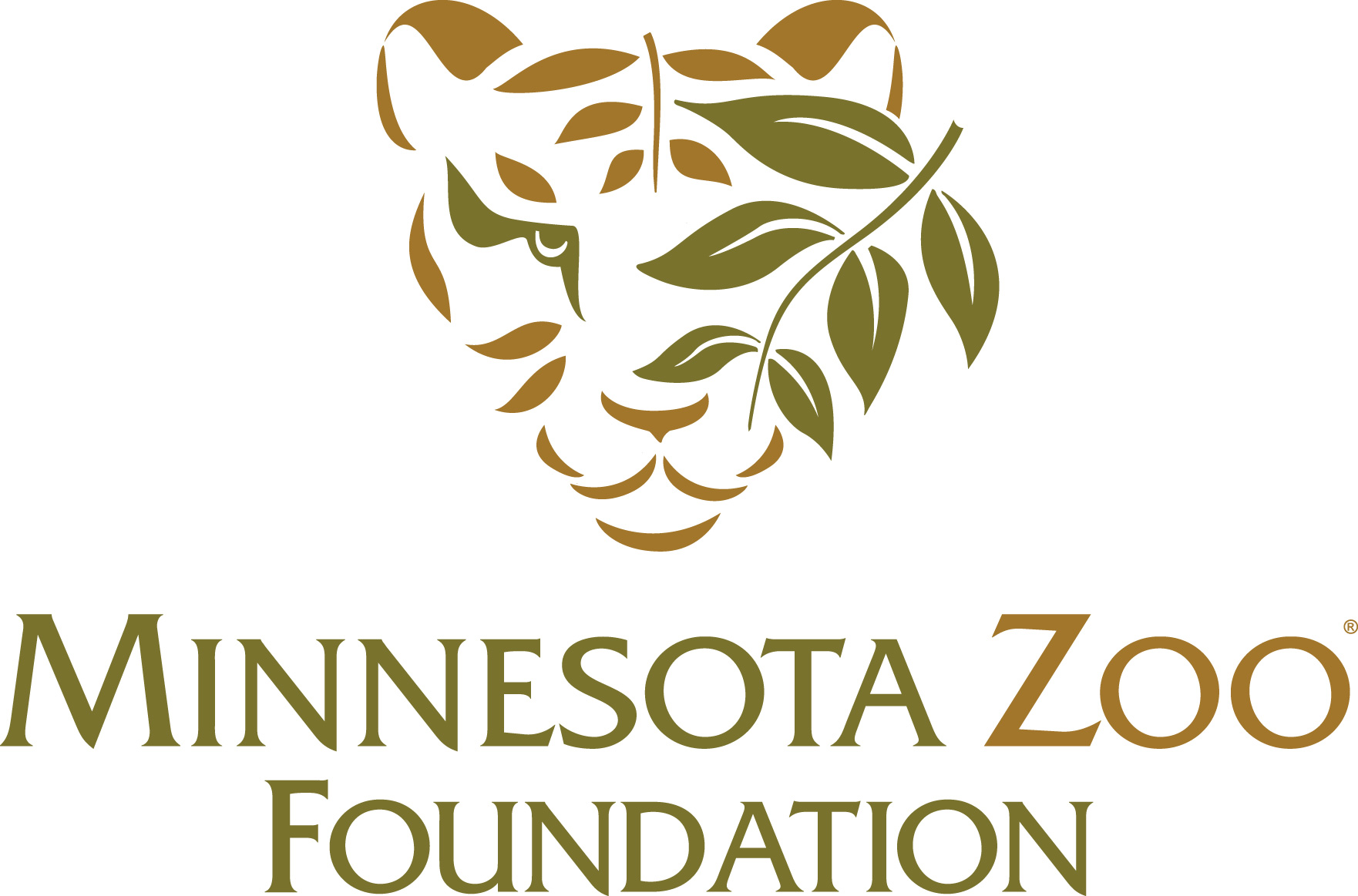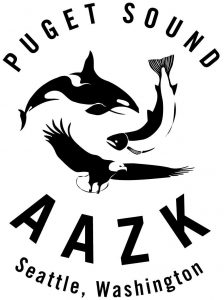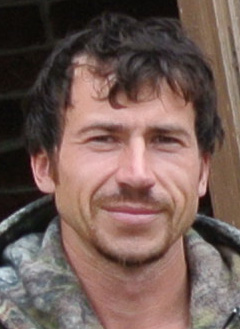Baer’s Pochard Task Force
The Baer’s Pochard Aythya baeri is a Critically Endangered species. It has undergone a decline that has accelerated rapidly in recent years and has pushed this duck to the edge of extinction. We need to act urgently to save the Baer’s Pochard from extinction in the wild.
Nowadays, the species occurs predominantly within China, during both the breeding season and winter. Small numbers of breeding birds are also known to remain in southeast Russia, and a few individuals also winter in other countries, such as Myanmar, Bangladesh and Japan. Historically, the species had a much wider distribution, with important wintering concentrations in southern Asia, particularly Bangladesh, Myanmar and Thailand. Unfortunately, large wintering groups have not been seen in these countries recently and therefore we should first act in China to address the critical threats where the birds still occur.
Our knowledge of the ecology, threats and conservation requirements of Baer’s Pochard is limited, but it seems that the most critical threats are the loss and degradation of habitat in both its breeding and wintering ranges, and the unsustainable harvesting of birds and their eggs. Other threats, including disturbance, may also have become more significant, particularly now that the majority of individuals are apparently confined to a small number of sites.
Due to the perilous situation facing the survival of this species in the wild, an Action Plan was drafted in 2014 and endorsed, along with the formation of the Task Force, at the EAAFP Meeting of Parties in January 2015.
Featured activities
The featured activities of the EAAFP Baer’s Pochard Task Force are here:
- Ten Countries Agree The “HENGSHUI DECLARATION” To Save Baer’s Pochard (Aythya baeri) From Extinction In The Wild (21 Mar 2018)
- Hengshui's Declaration (20 Mar 2018)
- Observations of breeding in 2016 from Hebei (5 July 2016)
- A recorded interview with Global Coordinator Richard Hearn (May 2016)
- Organising surveys for the 2016 breeding season (Richard Hearn)
- A profile of the Baer’s Pochard
Chair and Coordinators to coordinate your plans with other ongoing projects by BPTF members.
Role
The role of the EAAFP Baer’s Pochard Task Force will be to:
- Produce, coordinate and catalyse the implementation of the International Single Species Action Plan (SSAP) for Baer’s Pochard;
- Stimulate and support Range States in the implementation of the SSAP; and
- Monitor and report on the implementation and the effectiveness of the SSAP.
The full Terms of Reference can be found here.
Goal and objectives
To restore the Baer’s Pochard to favourable conservation status and to remove it from the threatened categories on the IUCN Red List.
To meet this goal we need to understand the causes of decline and address the most critical of these threats so that the IUCN Red List status of Baer’s Pochard moves to Endangered by 2024. To realise this, the Action Plan sets out a series of results to be achieved by 2019:
- The impact of habitat loss or inappropriate management is understood and significantly reduced.
- The impact of harvesting of birds and eggs from the wild is understood and significantly reduced.
- Knowledge of the ecological requirements of Baer’s Pochard is significantly improved.
- The understanding of population status, distribution, key sites and demography is significantly improved.
- A network of protected and well managed sites is established and maintained throughout the range of the species.
- A global management strategy for the captive population is developed and implemented.
- Awareness of Baer’s Pochard and its conservation needs is significantly enhanced, particularly among decision-makers.
- Appropriate policy for the international conservation of Baer’s Pochard is in place.
Chair
Chair: Prof. Changqing Ding
School of Nature Conservation
Beijing Forestry University
Email: cqding@bjfu.edu.cn
Dr. Changqing Ding is a Professor of Ornithology at the School of Nature Conservation, Beijing Forestry University. He is also the Vice President of the China Ornithological Society, the Coordinator of the China Anatidae Conservation and Monitoring Network, and the Chair of China Crane and Waterbird Specialist Group. He has over 15 years professional experience in the field of wildlife conservation in China. He has been leading research programs on the ecology and conservation of Crested Ibis since 1999, and has been coordinating the conservation and monitoring of ducks and geese in China since 2008.
Coordinators
Global Coordinator
vacant
Past Global Coordinator
Richard Hearn †
Coordinator for China
Prof. Lei Cao
Research Center for Eco-Environmental Sciences, Chinese Academy of Sciences, No.18 Shuangqing
Road, Beijing 100085, China
Email: leicao@rcees.ac.cn
Coordinator for Russia
Sergey Surmach
Email: ussuriland@mail.ru
Dr. Aleksey Antonov
Email: alex_bgsv@mail.ru
Bio: Dr. Aleksey Antonov works in Russian Far East more than 20 years after graduating Siberian Federal University (former Krasnoyarsk University) in 1995. He defended his degree of Candidate of biological sciences (PhD junior grade) in 2011. Area of expertise includes regional avian monitoring and biological resources assessment. He is currently based in Khingansky Nature Reserve.
Coordinator for Southern Asia

Dr. Thiri Dae We Aung
Email: thiridaweiaung@gmail.com
Bio: Dr. Thiri Dae We Aung is Burmese Ornithologist and presently serves as a programme manager in research and conservation section. She received Ph.D (Zoology) from the University of Yangon in 2010. A large part of her work has been in bird conservation, where she worked with especially BirdLife International and governments and also collaborated with NGOs, INGOs, Universities and local communities. She is a country representative for Myanmar with Baer’s Pochard Task Force and in updating of Important Bird and Biodiversity Areas (IBAs) to BirdLife International and International Union for conservation of Nature (IUCN). She has effectively contributed to updating checklist of bird species in Myanmar with Myanmar Bird and Nature Society (MBNS).She is one of the executive committee members in MBNS and Myanmar Environment Rehabilitation-conservation Network (MERN).
Publications
- EAAFP/CMS: Action Plan for Baer’s Pochard Aythya baeri
- Guide for identification and monitoring Baer's Pochard (Chinese)
- "Saving the Baer's Pochard" leaflet
- Liu, D., Zhou, Y., Fei, Y. et al. Mitochondrial genome of the critically endangered Baer’s Pochard, Aythya baeri, and its phylogenetic relationship with other Anatidae species. Sci Rep 11, 24302 (2021).
- Xi, Li et al. Gut Microbial Alterations in Diarrheal Baer's Pochards (Aythya baeri)Front. Vet. Sci., 14 (2021)
- Li Xi, Yumin Song, et al. Microbiome analysis reveals the significant changes in gut microbiota of diarrheic Baer's Pochards (Aythya baeri), Microbial Pathogenesis, 157, 105015 (2021)
- BirdingASIA- The troubled Baer’s Pochard Aythya baeri: cause for a little optimism? (Richard Hearn, 2015)
- BirdingASIA- Baer’s Pochard Aythya baeri: breeding in central Yangtze region, China (Lu Qun et al, 2015)
- BirdingASIA- A species in serious trouble: Baer’s Pochard Aythya baeri is heading for extinction in the wild (Richard Hearn et al, 2013)
- Emergency measures to save Baer’s Pochard: location of breeding sites in Russia (Diana Solovyeva et al, 2013)
- BirdingASIA- Possible breeding of Baer’s Pochard Aythya baeri at Muraviovka Park, Far East Russia (Wieland Heim et al, 2013)
Sightings of Baer’s Pochard
All sightings of Baer’s Pochard are extremely valuable and we urge observers to submit their records to WWT, who are maintaining a database of sightings. Please send as many details as possible, including date, location, number of birds (and their sex where this can be determined), and any other relevant details such as behavioural observations, the habitat type being used by the birds, or any apparent threats to the site. Photographs of the birds and the site where they were observed are also extremely useful.
Details of sightings, or requests for further information, should be sent to monitoring@wwt.org.uk.
EAAFP Baer’s Pochard Task Force sponsors
 |
 |
|
 |
 |
 |
 |
 |
 |
 |
 |
 |
 |
 |
 |
 |
 |
 |
 |
 |
 |
 |
 |
 |



